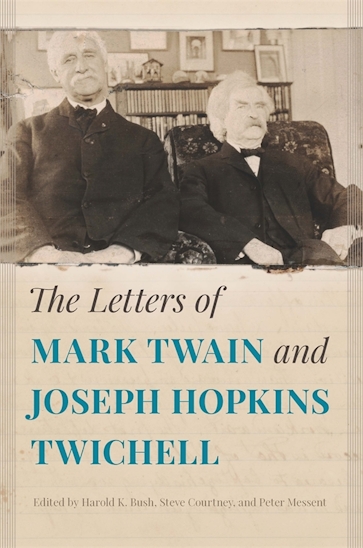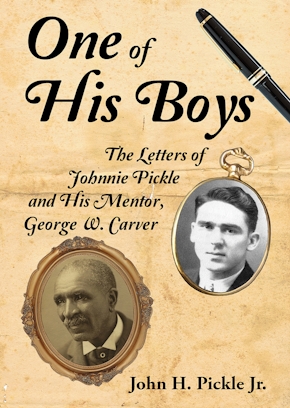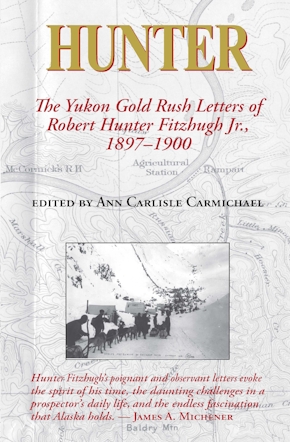The Letters of Mark Twain and Joseph Hopkins Twichell
Title Details
Pages: 464
Illustrations: 14 b&w photos
Trim size: 6.000in x 9.000in
Formats
Paperback
Pub Date: 11/15/2020
ISBN: 9-780-8203-5876-5
List Price: $38.95
Hardcover
Pub Date: 04/15/2017
ISBN: 9-780-8203-5075-2
List Price: $46.95
eBook
Pub Date: 04/15/2017
ISBN: 9-780-8203-5074-5
List Price: $46.95
Subsidies and Partnerships
Published with the generous support of Asylum Hill Congregational Church of Hartford, Connecticut
The Letters of Mark Twain and Joseph Hopkins Twichell
Personal insights into Twain’s and Twichell’s literary, political, and cultural lives
Skip to
- Description
- Reviews
This book contains the complete texts of all known correspondence between Samuel L. Clemens (Mark Twain) and Joseph Hopkins Twichell. Theirs was a rich exchange. The long, deep friendship of Clemens and Twichell—a Congregationalist minister of Hartford, Connecticut—rarely fails to surprise, given the general reputation Twain has of being antireligious. Beyond this, an examination of the growth, development, and shared interests characterizing that friendship makes it evident that as in most things about him, Mark Twain defies such easy categorization or judgment.
From the moment of their first encounter in 1868, a rapport was established. When Twain went to dinner at the Twichell home, he wrote to his future wife that he had “got up to go at 9.30 PM, & never sat down again—but [Twichell] said he was bound to have his talk out—& I was willing—& so I only left at 11.” This conversation continued, in various forms, for forty-two years—in both men’s houses, on Hartford streets, on Bermuda roads, and on Alpine trails.
The dialogue between these two men—one an inimitable American literary figure, the other a man of deep perception who himself possessed both narrative skill and wit—has been much discussed by Twain biographers. But it has never been presented in this way before: as a record of their surviving correspondence; of the various turns of their decades-long exchanges; of what Twichell described in his journals as the “long full feast of talk” with his friend, whom he would always call “Mark.”
—Hal Holbrook
—Kerry Driscoll, University of Saint Joseph
—Cindy Lovell, Executive Director, The Mark Twain House & Museum
—Barbara Schmidt, Mark Twain Forum
—D. E. Sloane, CHOICE connect



